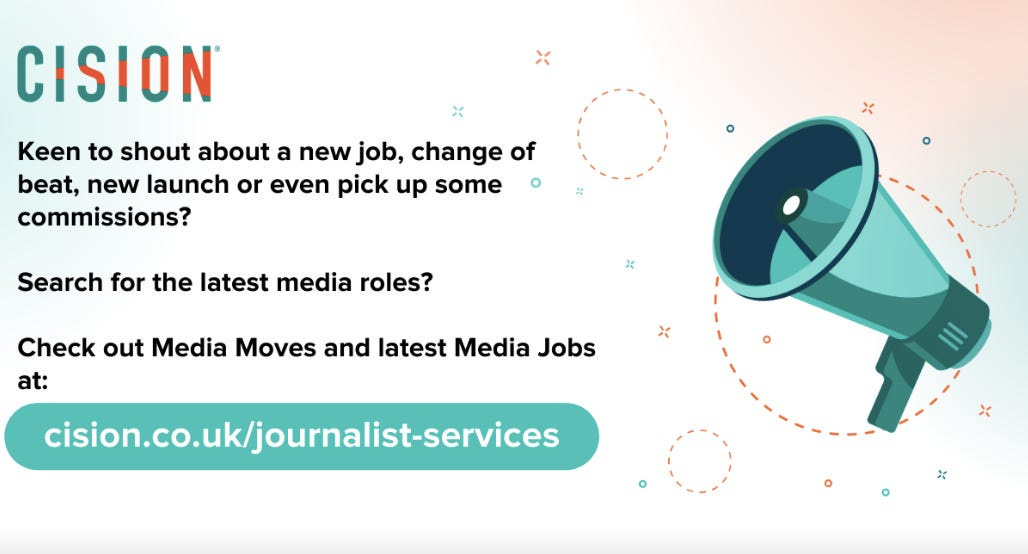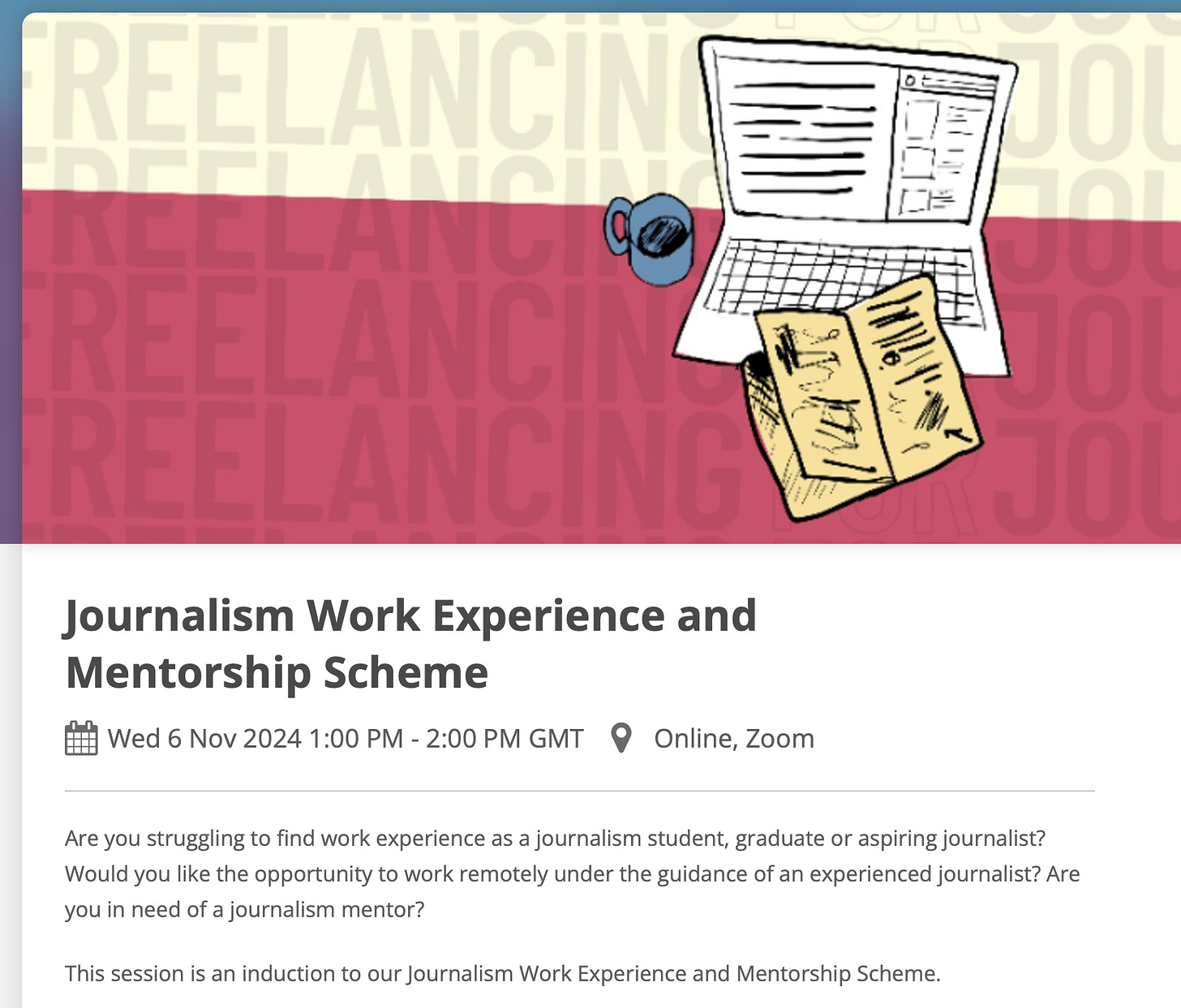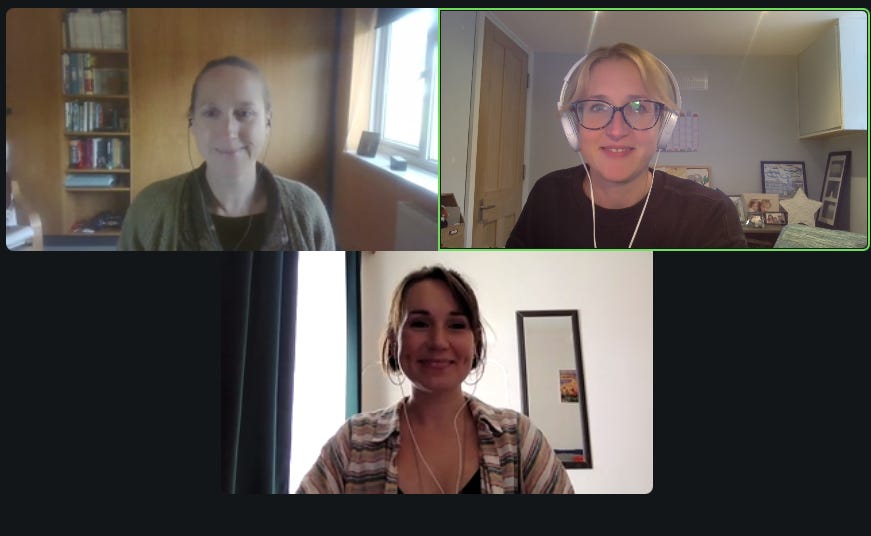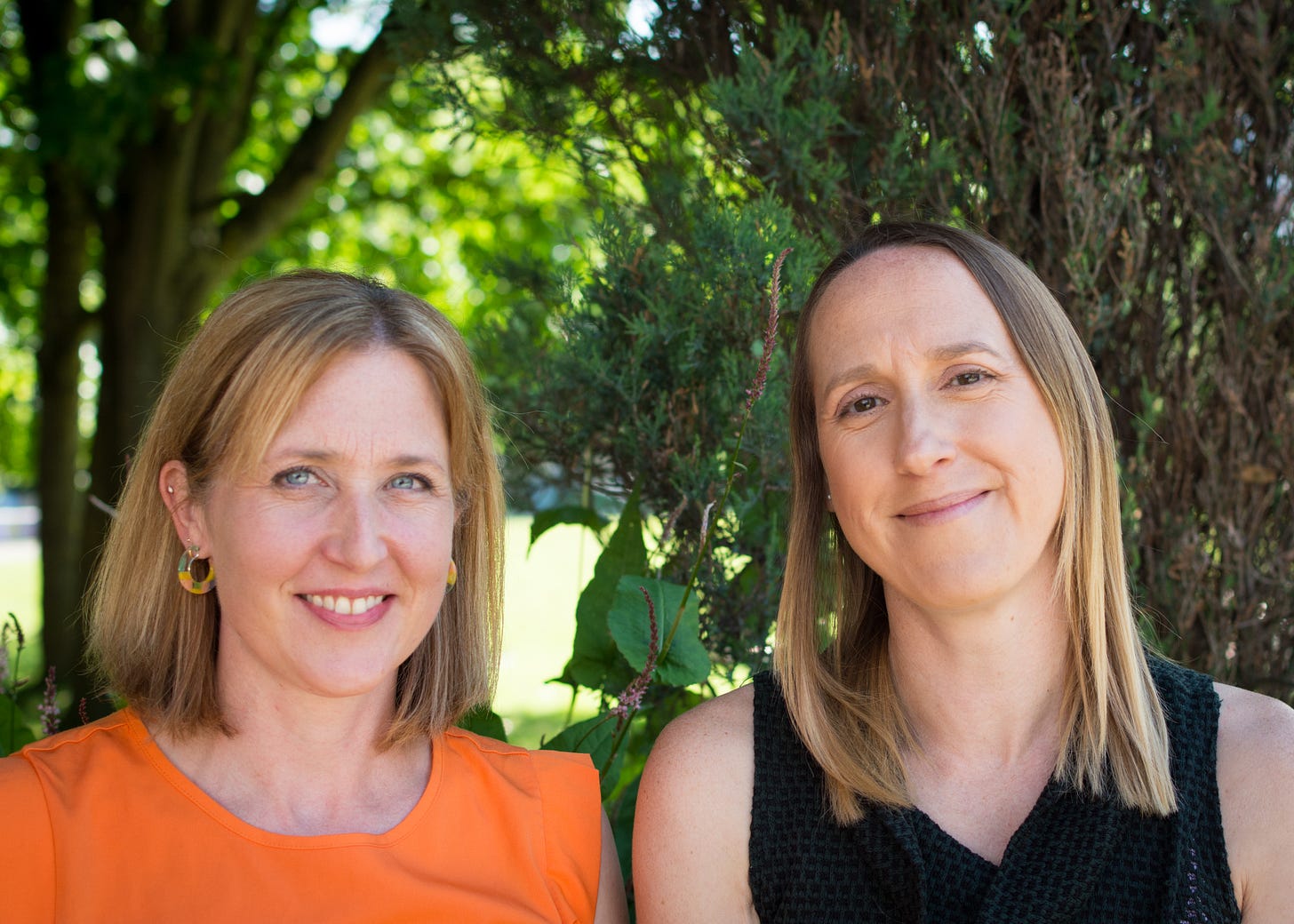How to be an effective mentor
What is the best help to those new to freelancing?
Twice a year we run a Journalism Work Experience and Mentorship Scheme. You can now sign up to our next one which starts in November (see more details below). We have a database of experienced freelance journalists willing to offer support, guidance and work experience to those just starting out.
This week I have been writing about a group of women who are achieving great things in the world of healthcare and almost every one of them talked about how important a mentor had been to them as they progressed through their careers.
It got me thinking about the qualities needed in a good mentor. I’ve been in this role for quite a few students or journalists new to freelancing. I also put this question to our Facebook community. So here are our top five tips for being an effective mentor.

1. Build trust and rapport
As a mentor you’re trying to strike a balance between offering guidance and empowering your mentee to grow independently. In order for that to work, they need to be able to trust that they can be honest with you. You need to be approachable and supportive, willing to listen to their concerns, and open to their ideas. We’ve all been in that position where we have felt we’re not good enough or we don’t know what we’re doing. Remembering that feeling will help you be empathetic. They just want to know that you understand their challenges. Sharing your own experiences and struggles can help them find a way around the problems or insecurities they’re feeling. It is also important to find out how best you can help them as well as their expectations about what you are able to provide.
2. Share your knowledge
As a mentor, part of your role is to offer practical advice and insights that come from experience. Whether it’s navigating tricky contracts, pitching to editors, or building a freelance portfolio, your guidance can save a mentee time and frustration. I’m not saying give away all your hard-earned contacts (although you can if you like), but provide them the tools to build their own list. Sharing what has worked for you in terms of networking, branding, or managing finances, is all useful information and not usually taught on journalism degrees. Ultimately you want them to be able to be successful in the long run not just to solve their immediate problems.
3. Encourage problem-solving
A great mentor doesn’t just hand over answers—they help mentees figure things out on their own. Encourage critical thinking by asking guiding questions that lead your mentee to reflect on possible solutions. For instance, when discussing pitching, instead of telling them exactly how to pitch, ask them to consider what makes their story unique and who the best audience for it would be. This helps them develop their own pitching strategy. The same goes for career decisions because their goals and values may be completely different to your own.
4. Offer constructive feedback
Feedback on their work, ideas, and pitches is all really key but it needs to be delivered thoughtfully. Point out both strengths and areas for improvement. Lily and I have an editor who is really good at delivering criticism in the middle of praise. Be specific in your suggestions, offering actionable advice. They need clear, practical advice that they can then apply in future scenarios. Getting used to receiving feedback is something that is really useful as a freelance journalist. We can all benefit from an outside perspective.
5. Foster independence
The ultimate goal of mentoring is to build confidence and self-reliance. I would go so far as to say 90% of what you’re doing is building their confidence. You can’t mentor them forever, they need to learn to handle challenges on their own. Encourage them to take risks, try new things, and learn from failures. If they don’t try they won’t give themselves the opportunity to succeed. Freelance journalism does come with uncertainty but they can tackle this by being resilient and proactive. Not everyone gets it right all the time, experienced journalists still come up against challenges or unexpected barriers. Your guidance can help them realise this is normal and what strategies they can use to tackle it.
Work experience scheme open
Spaces are still available for the next round of our Journalism Work Experience and Mentorship Scheme which starts next month. To access our database of freelance journalists you need to sign up to our webinar (recordings available if you can’t make the event on Wed 6th November at 1pm). Here we explain all about how it works and how to get the most out of it. Tickets are £10 which covers the administration of the scheme. We also have bursary places so do get in touch if you need more information. There is lots of detail on the webinar sign up page or you can email freelancingforjournalists@gmail.com.
New podcast episode
This week we speak to another double award winner at the Freelance Journalism Awards 2024. Liz Cookman won the Best Print Journalist and Best Specialist Journalist awards for her incredible reporting on the Ukraine war. She talks to us about the difficulty of generating interest in an ongoing conflict and how to ensure your safety as a freelance journalist.
Listen wherever you get your podcasts or click the link below.
Triumph of the week
Getting to the end of an investigation that started in June!
That feeling when
Someone else gets as excited about an idea as you are
We love to hear your feedback on everything we do, so feel free to drop us an email anytime at freelancingforjournalists@gmail.com
Bye for now!








